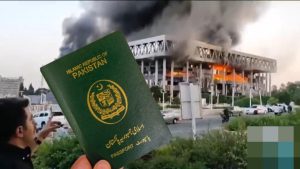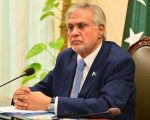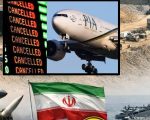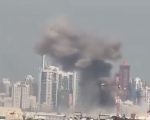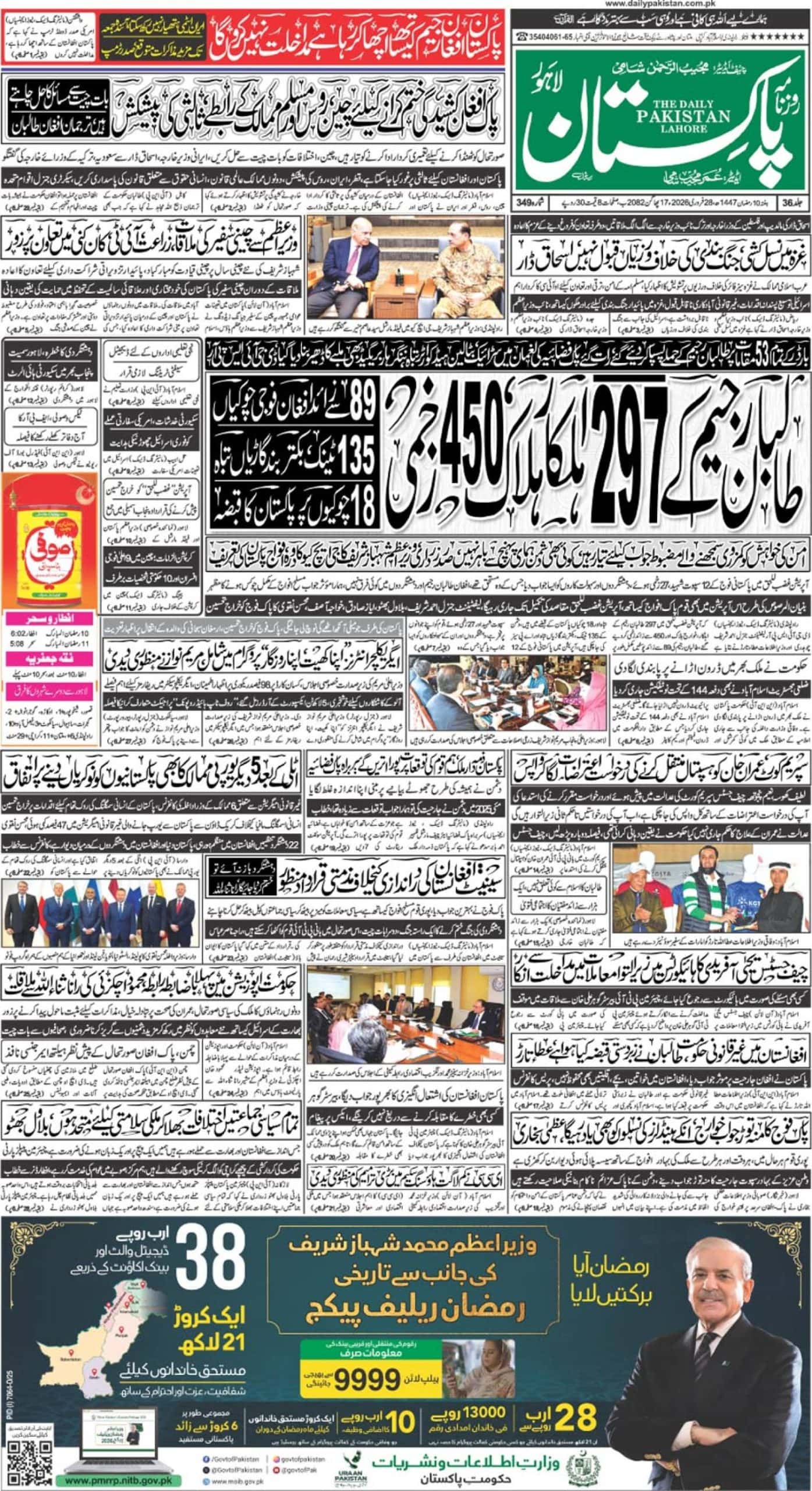There is a common rhetoric about territorial conflicts: “maximise your claim to gain maximum.” In this context, Indian Prime Minister Narendra Modi was pretty justified last week, when he mentioned Pakistan-administered Kashmir at the All Parties Conference to discuss the latest wave of violence in the Indian-held Kashmir which resulted in the death of over 70 civilians by Indian forces. But, he further expanded the Indian claim on Gilgit-Baltistan and he went too far by taking up Balochistan (Pakistan’s disturbed province where India is often blamed for hatching conspiracies).
Speaking at the APC, Modi vowed to support the “elements” in Balochistan, Gilgit-Baltistan and Kashmir, saying “The time has come when Pakistan will have to answer about its treatment of the people of Balochistan and Kashmir.” And it did not end here, the Indian media invited some selected anti-Pakistan activists in the talk shows. They openly welcomed Modi’s statement on Balochistan and thanked the Indian prime minister.
Balochistan’s separatist leader Barahamdagh Bugti, who is currently residing in Switzerland and leads an armed struggle in Pakistan, also responded to Modi’s speech with a video released on social media. He thanked Narendra Modi for the latest statement. Bugti said: “I and my followers have a good relationship with India, no matter if Islamabad and New Delhi have strained ties.” In an interview with BBC, after Modi’s statement, the Baloch insurgent leader also did not deny when asked if his movement received any financial or military support from India.
In response to the statements of Baloch separatists, who are already accused of enjoying Indian backing for anti-Pakistan activities, during the Independence Day address on Monday Modi again mentioned Kashmir, Gilgit and Balochistan together. “The way people of Balochistan, Gilgit and Pakistan-administered Kashmir have thanked me [after the previous statement], they have thanked the whole Indian nation, I also want to offer them my gratitude,” he said.
All these happenings seem to be so plain, but in reality, they are not. As a matter of fact, this is a paradigm shift in the history of territorial conflicts between Pakistan and India and their respective allegations of intervention into each other’s affairs.
Since the Independence of the two countries in 1947, they have been alleging each other of subversive activities. During the 1990s, the intensity of such accusations touched a new height. It also included the controversial Kargil war, which candidly damaged Pakistan’s stance on Kashmir and strengthened India’s claim that Pakistan backed sponsored violence in Occupied Kashmir.
But as the 21st century began, Pakistan proscribed all of the groups which were accused of involvement in Indian-held Kashmir. Many of the members of Lashkar-eTaiba and Jaish-e-Mohammad were even arrested and put behind bars while the financial supplies of the remaining were cut off.
Additionally, during the last decade, whenever India claimed that some Pakistan-based groups have executed terrorist attacks on it land, Pakistan positively responded and took action against the accused elements. Take Mumbai and Patahnkot attacks, for example, the people allegedly involved in the first were arrested and are being tried in the Pakistani courts. In Pathankot attack case as well, Pakistan arrested the prime accused Moulana Masood Azhar and registered an FIR for further investigation.
Recently, when the Indian forces killed pro-freedom leader Burhan Wani in a targeted operation, it was revealed that he was leading a purely indigenous insurgency. He was not backed by any Pakistani elements. And the reaction to his killing is also local, while Pakistan is only limited to the political and diplomatic support of the Kashmiris.
But, on India’s side, awfully nothing has changed. It kept denying any involvement in Pakistan, while Islamabad has been accusing the Indian diplomats sitting in Afghanistan of holding meetings with the militant leaders involved in terrorist attacks in Pakistan.
Pakistan also presented two dossiers to the United Nations and the United States which carried documentary proofs of Indian involvement in Balochistan and the hidden hand of New Delhi behind terrorist attacks on its land. A major development to this effect was the arrest of Kulbushan Yadav, a spy of India’s RAW agency, from Balochistan. Pakistan released his video statement, in which he clearly accepted that he was tasked to destabilise Balochistan.
Reacting to the development, India accepted that Yadav is an Indian national and a military servicemen too. However, again denied any links with terrorists and separatist groups, completely ignoring the confessional statement of the arrested Indian spy.
Interestingly, in his confessional video statement with Pakistani authorities, Indian RAW’s official also accepted that he was assigned to sabotage the China-Pakistan Economic Corridor (a joint venture of Pakistan and China which focuses on construction of roads and power houses in Balochistan, Gilgit Baltistan and Kashmir) and Modi’s statement also included the same key regions.
In short, the recent events, if placed in a chronological order, are enough to confirm Pakistan’s stance on Indian intervention in Balochistan. They also indicate that India will now openly speak on these issues to blackmail Pakistan on Kashmir. But not much can be said on this at the time. This is just a new beginning and we will see lot more on this as the time progresses.







